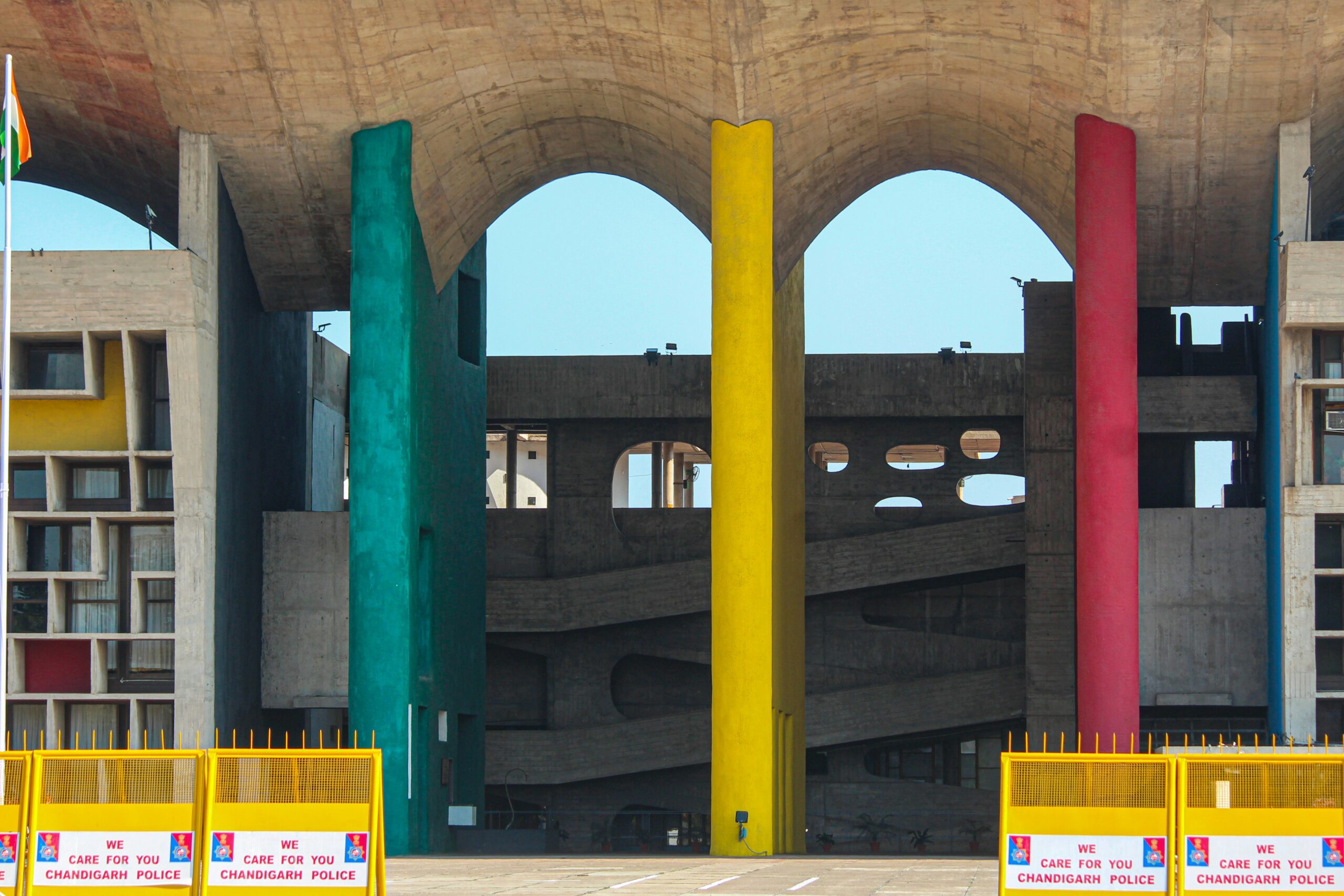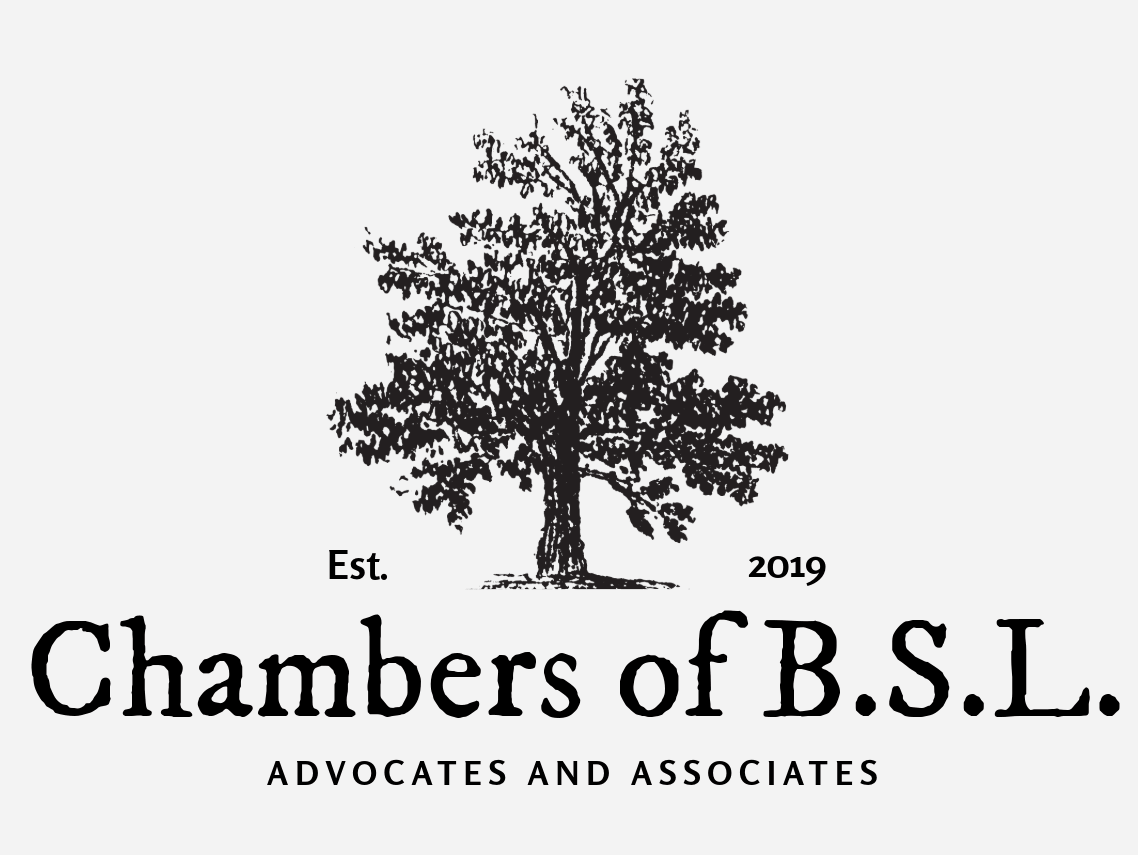
Constitutional and Writ Matters
Constitutional practice is a central feature of litigation before the Hon’ble High Court of Punjab and Haryana at Chandigarh. The Constitution of India provides remedies under Article 226 for the enforcement of fundamental and legal rights, making writ jurisdiction a cornerstone of judicial oversight over administrative and governmental actions.
Matters commonly pursued include service-related grievances, challenges to administrative orders, violation of fundamental rights, protection of personal liberty, and disputes concerning statutory interpretation. Writ petitions may seek remedies in the form of habeas corpus, mandamus, certiorari, prohibition, or quo warranto, depending on the nature of the relief required.
This field requires in-depth understanding of constitutional provisions, precedents from the Hon’ble Supreme Court, and statutory frameworks. Representation before the High Court includes drafting writ petitions, counter affidavits, rejoinders, and presenting structured legal arguments to establish violations of constitutional principles.
Constitutional litigation is often time-sensitive and involves balancing public interest with individual rights, making precision and clarity essential.


